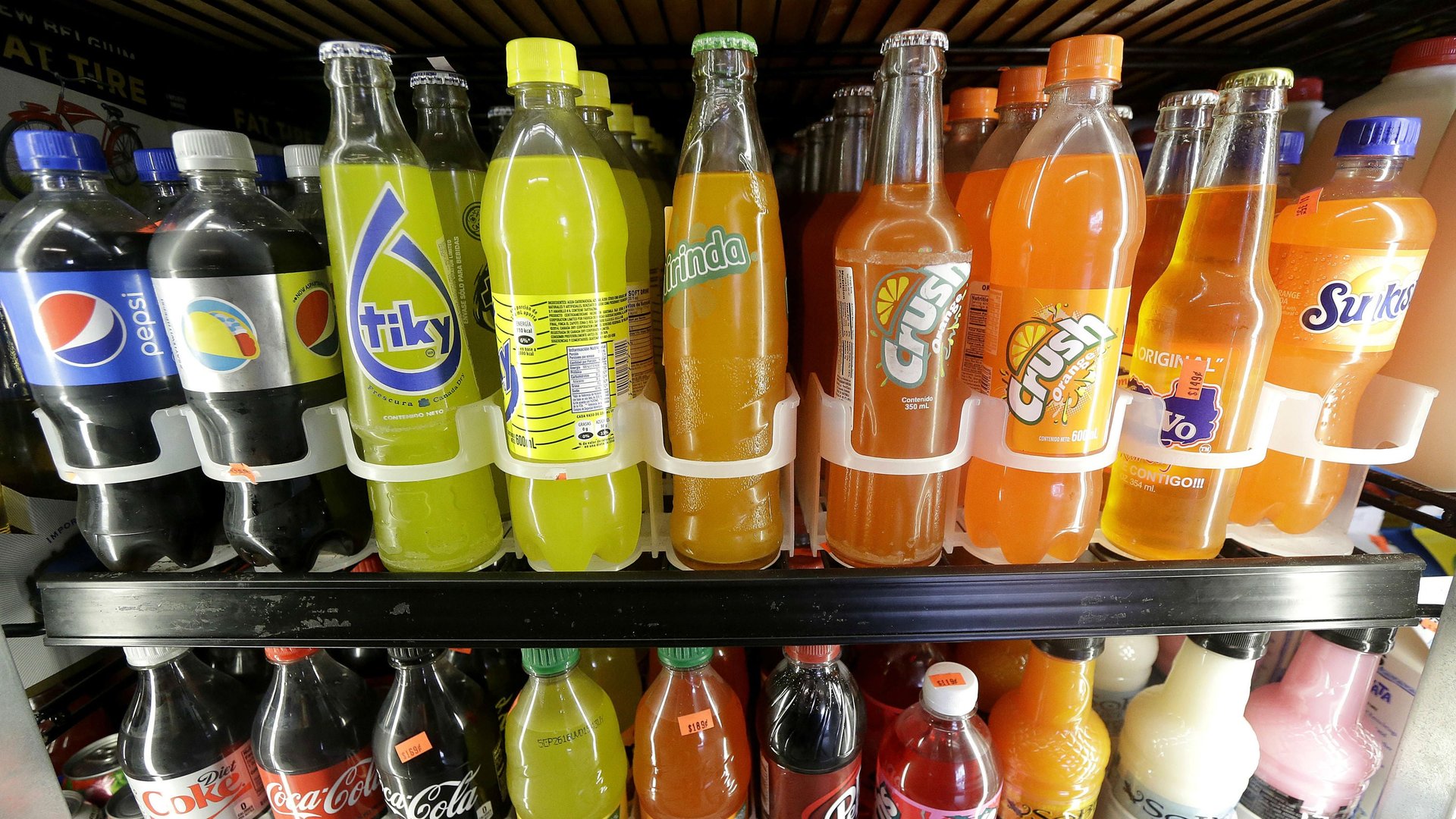Sugary drinks can ruin your diet in more ways than we previously thought
Extra sugar may be bad for you in more ways than we thought. In addition to being calorie dense and increasing risk for heart disease, it also appears to change how your body breaks down food entirely.


Extra sugar may be bad for you in more ways than we thought. In addition to being calorie dense and increasing risk for heart disease, it also appears to change how your body breaks down food entirely.
In a new paper published July 20 in the journal BMC Nutrition, scientists at the US Department of Agriculture found that participants who ate meals high in protein accompanied by sugary drinks actually burned off fewer calories from fat, leading to a net increase in about 40 calories compared to those who at the same meals but without the sugar-filled beverage.
“Small additions to our diets such as drinking a sugary drink with our meal may have larger consequences than just simply adding calories,” says Shanon Casperson, a research biologist at the USDA and lead author of the paper.
For their work, researchers assembled 27 healthy adults, 14 women and 13 men. Each participant spent 24 hours in a room calorimeter—a setup where a room is fully sealed off to the outside world, and equipment is connected to measure the change in different molecules of air, like carbon dioxide, nitrogen, and oxygen. The combination of gases we breathe out indicates how much and what kind of fuel, like sugar, fat, or proteins, we’re using.
Scientists gave the participants breakfast and lunch; half the group got low-protein meals (7 grams) and the other got high-protein meals (13 grams). They were also given a cherry drink that was made with either sugar (clocking in at 130 calories), or sucralose, the main ingredient in the artificial sweetener Splenda. After at least a week, each participant came back to do the trial again, but this time had meals with the opposite protein level than they ate in the first round.
After eating a meal with a sugary drink, the participants tended to burn off fewer calories from fat. “It’s easier to metabolize carbohydrates,” says Casperson, “That’s why [the body will] use them for energy when they’re available.” So when we have a readily available supply of sugars, the body will use those first before moving to energy stored in fat. The researchers calculated that overall, participates would have burned off about 40 calories less per day if they were to have sugary drink with each meal.
Typically, meals higher in protein make people feel fuller for longer while they burn more energy from their meals. “What we found was that having that sugary drink pretty much negated the beneficial effects of having extra protein in the meal,” says Casperson.
Although this study only had 27 participants, it adds to a growing body of work on how our bodies burn off different types of macronutrients. Back in 2012, researchers from California found that subbing in orange juice for water at breakfast made people burn less fat than when they had water. Burning less fat “over time could potentially lead to a greater tendency to store fat and, thus, increase body weight,” according to that study.
This is still a budding field of research. Casperson says that a lot of the way we break down food varies from person to person. But she also thinks we should be mindful of our drink choices when eating a meal. “Water is a good choice,” she says.